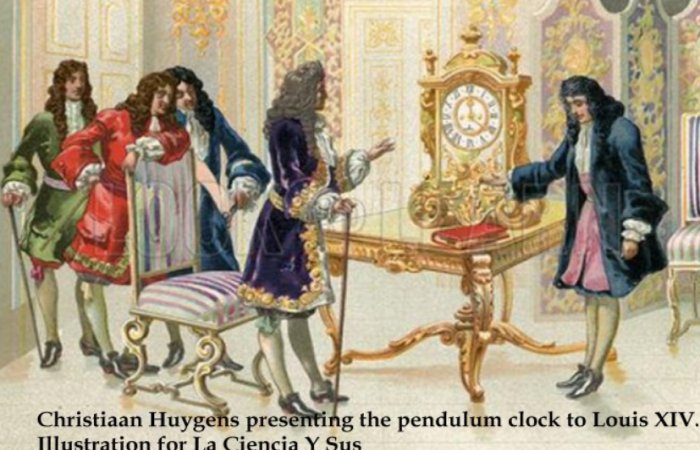AncientPages.com - Christiaan Huygens was born in Hague on April 14, 1629. He was a Dutch mathematician, astronomer, and physicist best known for his contributions to mathematics and physics.
Huygens was the first to recognize the rings of Saturn, made pioneering studies of the dynamics of moving bodies, and was the leading advocate of the wave, or pulse, theory of light.
His work in observational astronomy led to numerous discoveries of moons and deep-sky objects.
Privately tutored at home until 16, Christiaan early showed signs of intellectual brilliance. He devoted much time to drawing and making mechanical models and devices and demonstrating exceptional skill in geometry.
He experimented with windmills and other machines and watched the ripples of throwing a stone into the water.
In 1654, Huygens and his brother created one of the most powerful telescopes of their day. Using this telescope, Huygens made several notable discoveries.
Among these discoveries were: Saturn's moon Titan, the first moon of a planet ever to be detected, the Orion Nebula, and several double stars and nebulae.
Huygens is also known for his discovery that the rings of Saturn are comprised of rocks.
This brilliant scientist made many outstanding contributions in diverse fields of science. His efforts in mathematics included his work regarding squaring the circle. When it came to physics, in addition to his landmark Huygens–Fresnel principle, he extensively researched free fall, pendulum motion, and the pendulum clock.
Huygens also improved sea clocks, which proved to be very helpful in finding out the position of ships at sea.
He died in 1695.
AncientPages.com
Expand for references